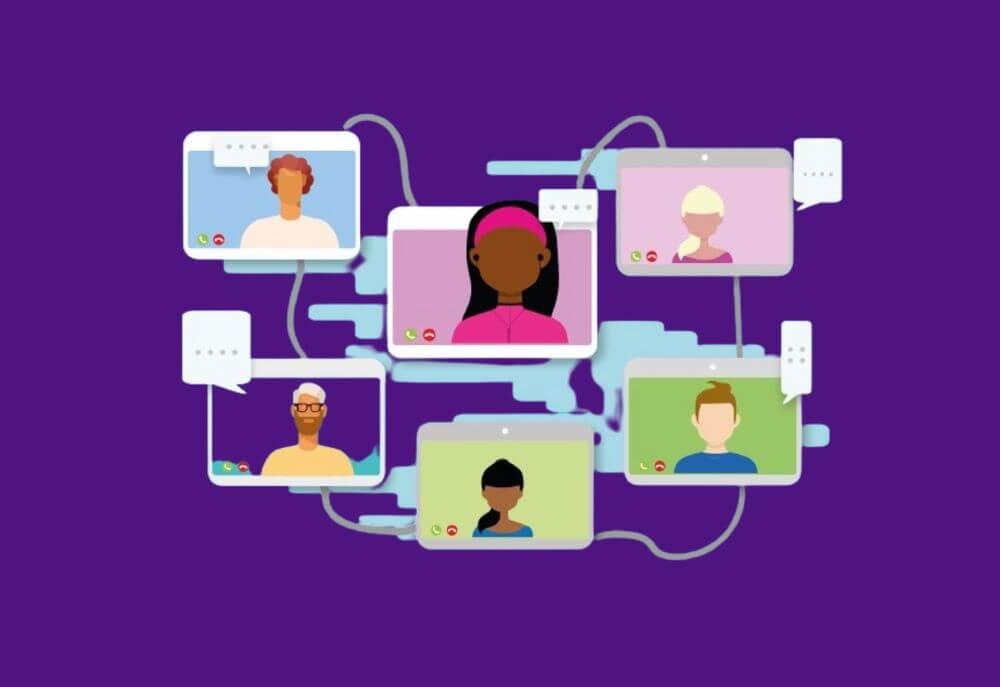We’ve all been there—sitting in a meeting with great ideas swirling in our minds, yet feeling a knot of anxiety that keeps us from speaking up. Whether it’s imposter syndrome whispering that our thoughts aren’t valuable or the fear of negative feedback holding us back, finding the confidence to contribute can be a real challenge. But speaking confidently in meetings is not just about boosting your own profile; it’s about adding value to your team and ensuring that important ideas aren’t left unspoken.
I remember the first time I decided to speak early in a meeting. My heart was pounding, and I had to take a deep breath to steady myself. But that little practice of pushing myself to contribute right at the start made a significant difference. Not only did it ease my nerves for the rest of the meeting, but it also signaled to others that I was engaged and had valuable insights to share.
So, how can you find that same confidence? Let’s explore some effective strategies to help you speak up and make your voice heard in any meeting.
Prepare in Advance
One of the easiest ways to boost your confidence is to prepare ahead of time. Review the agenda, understand the key points to be discussed, and think about how your expertise aligns with them. Jot down some thoughts or questions you might have. This preparation gives you a roadmap to follow and reduces the chances of being caught off-guard.
For example, if you know the next meeting will focus on a new project launch, consider how your experience could contribute to the discussion. Maybe you have insights from a previous project or ideas for potential next steps. Having these points ready can make it easier to jump in when the opportunity arises.
Speak Early
There’s a psychological advantage to speaking early in a meeting. The longer you wait, the more your anxiety can build. By contributing early on, you break the ice for yourself. It doesn’t have to be a groundbreaking comment—a simple question or agreement with a point made can suffice. This small action can set the tone for your participation throughout the meeting.
I found that asking a clarifying question early on not only helped me engage but also provided value to the discussion. It showed that I was attentive and interested, which encouraged others to view me as an active participant.
Use Eye Contact
Making eye contact is a powerful non-verbal communication tool. It demonstrates confidence and helps establish a connection with the people you’re speaking to. When you address the group, try to make eye contact with different individuals. This can make your contribution feel more like a conversation and less like a presentation.
I used to focus solely on my notes or the table in front of me, but I noticed a significant difference when I started looking up and making eye contact. It felt more natural, and the reactions from my colleagues were more engaging.
Ask Questions
If you’re hesitant to share your own ideas right away, asking questions is a great way to get involved. Questions can demonstrate your interest in the topic and can help clarify points for everyone in the room. Plus, asking thoughtful questions can be just as valuable as providing answers.
During one meeting, I wasn’t sure how to insert my opinion on a complex issue, so I asked, “Have we considered how this approach might impact our timeline?” This not only contributed to the discussion but also opened up a new avenue for exploration.
Practice Corporate Speak (But Keep It Authentic)
Understanding the language and terminology used in your organization can help you communicate more effectively. Incorporating relevant jargon or phrases can show that you’re knowledgeable. However, it’s important to stay authentic and not overdo it.
Using corporate speak can be as simple as aligning your language with the company’s values or strategic goals. For instance, mentioning how an idea “aligns with our mission to innovate” can underscore your point.
Manage Imposter Syndrome
Feeling like an imposter is more common than you might think, especially in corporate settings. Remind yourself that you’re in the meeting for a reason. Your skills and experiences are valuable, and your perspective can offer unique insights.
I overcame my imposter syndrome by focusing on my accomplishments and reminding myself of the expertise I bring to the table. This shift in mindset made it easier to contribute without second-guessing myself.
Take a Deep Breath
Never underestimate the power of a deep breath. It can calm your nerves and give you a moment to collect your thoughts. Before you speak, inhale deeply and exhale slowly. This simple technique can steady your voice and help you speak more clearly.
I’ve made it a habit to take a deep breath before speaking in high-pressure situations. It clears my mind and helps me focus on delivering my message effectively.
Focus on Key Points
When you do speak, try to be concise and focus on the key points you want to convey. This not only makes your contribution more impactful but also shows respect for everyone’s limited time.
In meetings where time is of the essence, getting straight to the point can be appreciated by all. It also reduces the likelihood of rambling, which can dilute your message.
Prepare for Negative Feedback
It’s possible that not everyone will agree with you, and that’s okay. Be prepared to handle negative feedback constructively. View it as an opportunity to learn and refine your ideas.
I once proposed a strategy that was met with skepticism. Instead of taking it personally, I asked for specific concerns and used that feedback to adjust my proposal. This turned a potential setback into a collaborative effort.
Suggest Next Steps
Offering suggestions for next steps can demonstrate leadership and initiative. It shows that you’re thinking ahead and are invested in the outcome of the meeting.
At the end of a discussion, I might say, “Perhaps our next step could be to conduct a market analysis to see how this idea would perform.” This not only adds value but also keeps the momentum going.
Engage in the Next Meeting
Confidence builds over time. Make it a goal to participate a little more in each meeting. Reflect on what worked and what didn’t, and adjust accordingly.
I noticed that with each meeting where I spoke up, it became easier the next time. It’s a gradual process, but consistency is key.
Bonus Point: Practice Outside the Meeting
If you’re still feeling anxious, practice speaking in front of a mirror or with a trusted friend. This can help you become more comfortable with expressing your thoughts aloud.
I found that rehearsing what I wanted to say helped reduce my anxiety. It’s a simple yet effective way to prepare.
Remember, Your Ideas Are Valuable
Above all, remember that you have great ideas worth sharing. Your unique perspective can contribute significantly to the team’s success.
I used to underestimate the value of my input until I saw the positive impact it had on projects. Trust in your abilities and don’t let self-doubt hold you back.
Speaking confidently in meetings is a skill that can be developed over time. By preparing in advance, speaking early, making eye contact, and managing imposter syndrome, you can become a more effective communicator. Remember to focus on key points, be open to feedback, and always consider suggesting next steps. With a little practice and the right strategies, you’ll find that contributing in meetings becomes not just easier, but also an enjoyable part of your professional life.



